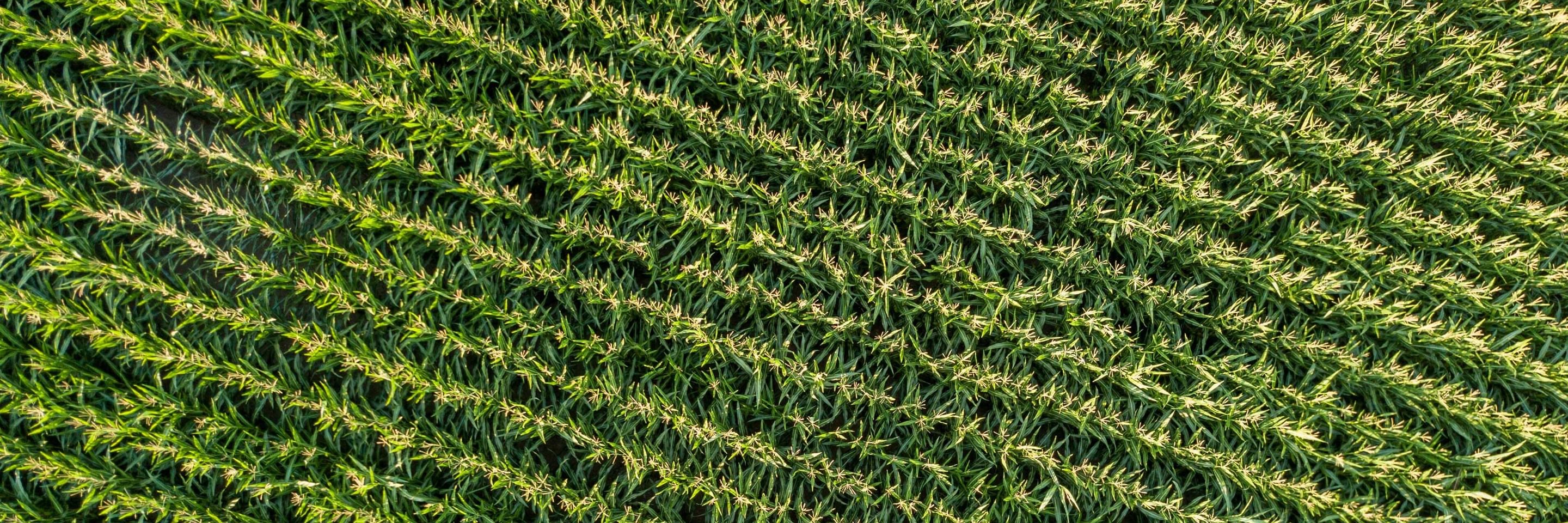
Many farmers purchase capital assets in an effort to keep their tax bill to a minimum, as they believe the purchase of a new tractor or other piece of equipment is a good way to reduce their tax liability. However, in some cases, the immediate tax benefits are relatively minor – and purchasing the asset can result in other issues such as cash flow problems. If your corporation purchases a capital asset, the prescribed capital cost allowance available will reduce your tax liability by the corporate tax rate (11 to 31 per cent, depending on your province). While it’s tempting to try to minimize tax, there are several other questions you should ask before investing in a capital asset.
Will this asset increase your productivity?
Before investing in a capital asset, you should determine if it will increase your productivity in a significant way, generating enough additional income to justify the investment. For example, if an old piece of equipment requires regular repair, there is not only the cost to repair the equipment, but also opportunity costs to consider. These include the cost of downtime, using other equipment during repair and the labour time involved in repairs that could be used more productively elsewhere. When these costs outweigh the interest and principal costs of taking out a loan on new machinery, purchasing new or used equipment may be appropriate. As part of a cost-benefit analysis, be sure to determine how this investment will impact your monthly cash flow. In some cases, we see clients make purchases that get in the way of a more essential investment somewhere down the road. Before making any investment in your business, make sure you can afford this expense and you have a clear plan for financing.
What makes more sense, purchasing or leasing?
Buying is one way to acquire a capital asset, but there are also advantages to leasing. Historically, leasing an asset was perceived as a path to a quicker write-off than purchasing. However, with the new accelerated CCA, it’s possible assets could be written off faster if purchased. Leasing is an option for people who prefer to regularly upgrade to the latest equipment, as it’s not always feasible for most farmers to purchase new equipment every few years. Farm equipment tends to hold its value well and interest rates applied on purchasing are often lower than those applied on leasing, all of which should be part of your cost-benefit analysis.
When should you purchase a capital asset?
If you choose to purchase a capital asset, it’s preferable to do this during the current fiscal year than waiting for the beginning of the next one. With accelerated depreciation, you are permitted to make greater deductions early in the life of an asset. Even if there are only a few days left in the current fiscal year when you make the purchase, you will be able to access that whole year’s worth of depreciation.
What would your accountant and banker do?
When you’re purchasing a capital asset, it’s always a good idea to get guidance from your accountant and bank. They can help plan your capital asset purchase – so it doesn’t interfere with other purchases you have planned – and help decide the terms of your financing. During this process, you should determine how long the item will be in use before it requires regular repair and stops serving your purposes.
Will this asset improve your quality of life?
With every capital asset purchase, you need to consider how your finances will be affected, both in terms of lost cash flow and increased profitability. However, in some cases, the financial impact of a capital asset is secondary to its impact on your quality of life. If a piece of equipment is likely to give you more time and freedom or simply make your life easier in a significant way, it doesn’t necessarily matter if it does little to increase profitability. For example, if age is limiting your mobility and bending down to milk the cows is taking a toll on your body, it may be a good time to introduce automation in the milking process. You should also be careful not to purchase capital assets just to keep up with your neighbours, as investments of this kind are unlikely to address your two core needs: increased revenue and improved quality of life.
